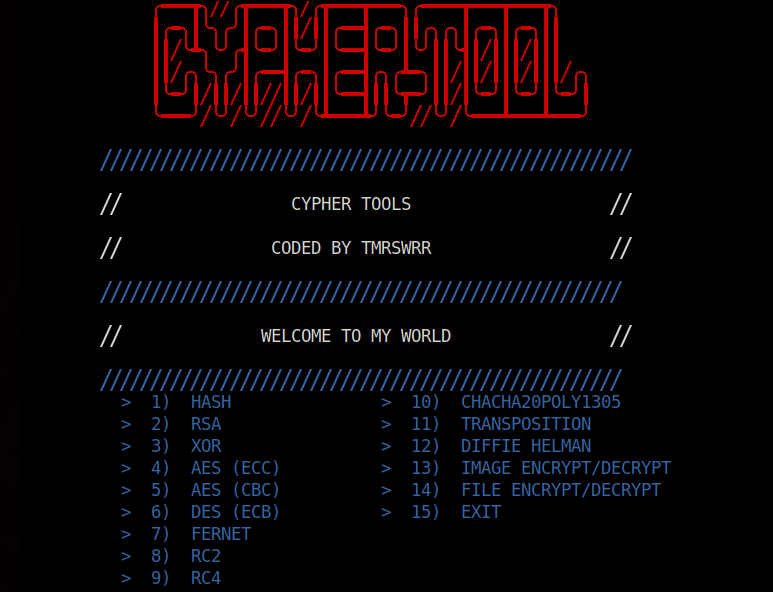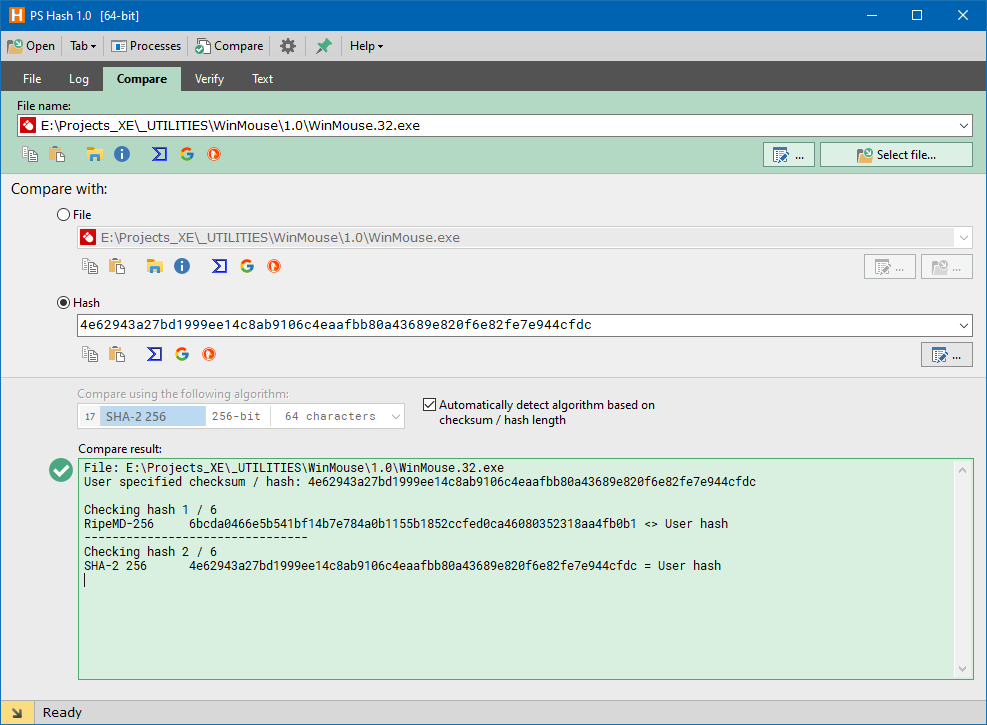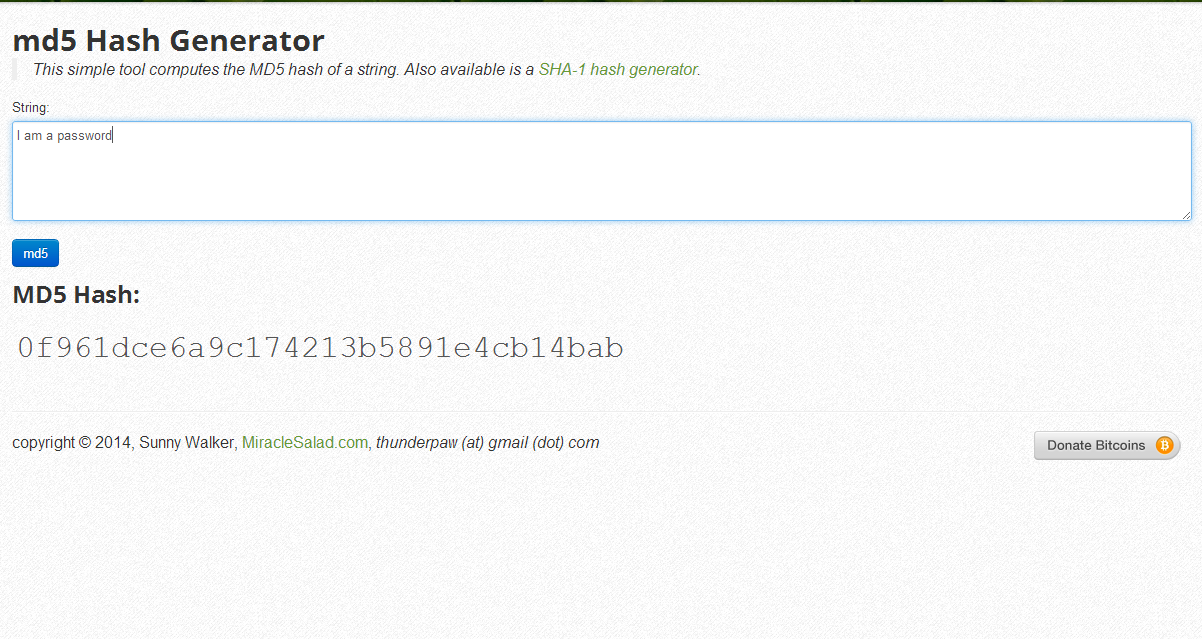

Alternatively in the browser md5 will be available globally in the windowĪfter importing it, its usage will be pretty straightforward. The first thing you need to do is to import the MD5 library in your project if you installed it already: // If you are using a package manager, require the package
#Hash md5 encoding install#
If your project uses a package manager, you can easily install it using NPM with the following command: npm install blueimp-md5Īlternatively, if you are from the old school, just include the MD5 script (you can obtain it the original and minified version from the official repo here) in your document like this: įor more information about this library, please don't forget to visit the official repository at Github here. This JavaScript implementation of MD5 is compatible with server-side environments like Node.js, module loaders like RequireJS or webpack, and all web browsers.
#Hash md5 encoding code#
In JavaScript, there's no cryptographic set of utilities, however, it's possible to implement the same functionality using a third-party library, in this case the MD5 library written by which is available as an open-source repository, and whose source code is available at Github here.

This means, it's quite usual to use this algorithm to prove the integrity of a file. Please reach out if you have any questions! We are excited to identify our shared customers to bring them the power of our integration.The MD5 hash function was designed for use as a secure cryptographic hash algorithm for authenticating digital signatures, however, it's been deprecated for uses different than non-cryptographic checksum to verify data integrity and detect unintentional data corruption. Once your customer list has been encoded properly, please upload it using the form, and we will compare that list to our own encoded customer list and notify you with any shared customers we identify. If you need help encoding your customer list, your marketing or development team may be able to help. Once you have properly formatted your customer domain list, please encode the domains in MD5 hashes and save them in an excel file. MD5 Hashes encode every character, and even the smallest differences in a domain will result in a very different hash.) (note: if you do not format your customer list exactly as outlined, we will be unable to find customer matches since both lists must be encoded using the same format.For example, you would remove the ‘/’ at the end of /, and it would become.



 0 kommentar(er)
0 kommentar(er)
